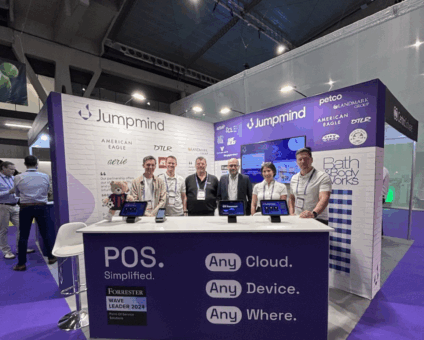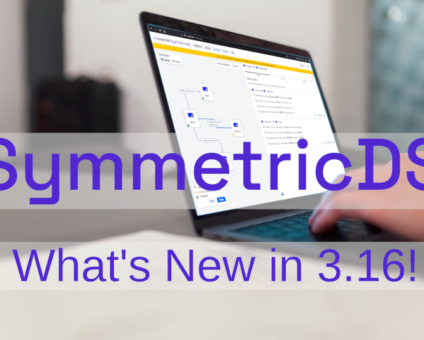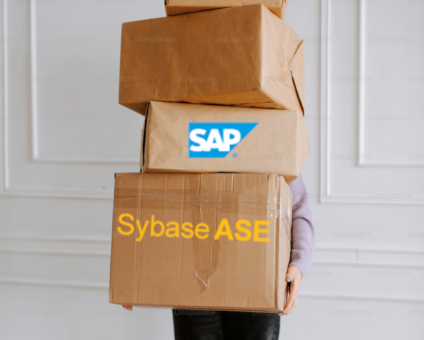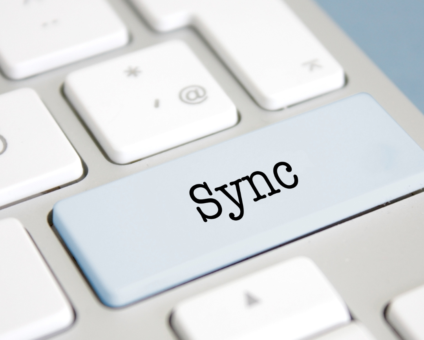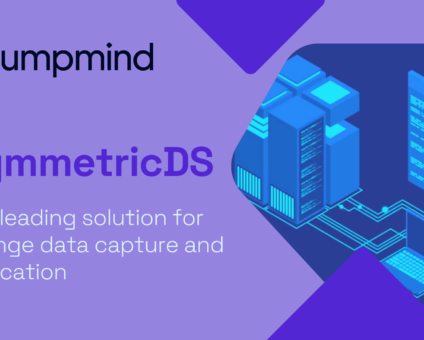Physical retail is still where the magic happens. According to new research by RSR, 85% …
![]()
Cloud-native POS platform for seamless omnichannel customer experience.
![]()
A single hub for all promotions campaigns.
- Omnichannel ExperienceCreate seamless customer experiences
- Device IndependencePOS agnostic to form factor or operating system
- Self-CheckoutDo more with fewer associates
- Mobile StoreLeverage POS from anywhere
- POS on the GoEnable associates to sell outside of the store
- Unified PromotionsStreamline and simplify promotion workflows
- CX ConnectAllow customers to engage with POS during checkout
- Composable CommerceCreate the store experience you want
![]()
The most advanced synchronization solution for databases and file systems.
![]()
Data configuration and batch automation across different disparate systems and vendors.
-
Data Replication
- Multi-tier DistributionReplicate thousands of remote locations
- Cloud Database ReplicationCapture live changes from on-premise to the cloud
- High Availability and Load BalancingEnsure 24/7 access to data and scale efficiently with demand
- Analytics and ReportingCapture the whole picture with real-time reporting
- Multi-masterMaintain consistency of data in a peer to peer setup
- Data WarehouseReplicate live and historical data to a warehouse
- MigrationsConduct live data migration with no downtime
-
-
Data Integration
- Master Data ManagementChanges propagate across the entire system, allowing you to maintain a centralized view of all parts of your core business entities.
- Application IntegrationReduce dependencies, complexity, and risk to build a high-performance, data-driven application.
- Web ServicesIntegrate multiple systems using web services or build a business application using a service-oriented architecture.
- Data WarehouseIntegrate disparate data from multiple systems so you can transform data for better business intelligence and reporting.
- Data MigrationConduct live data migration during critical server replacements, storage upgrades, and data center relocations—with no downtime.
- ImplementationIntegration consultants help design, develop, and deploy an implementation of our products.
- DevelopmentThe product developers can add features, enhance existing functionality or build support for new platforms.
- TrainingEngage our experienced training resources to gain in-house knowledge and expertise on Jumpmind products.
- SupportLeverage product engineers to resolve issues, fix defects and provide updates or patches.
- Proof of ConceptDetermine the feasibility of implementing our products and get answers to your questions quickly.
Beyond the Hype: What Retailers Really Want from Tech in 2025 Europe’s biggest retail conference …
What a fun week it was for women from across the country who came together …
View all Blog Posts
The new release of SymmetricDS Pro 3.16 data replication software simplifies setup, improves performance, and …
Sybase ASE (more recently known as SAP Adaptive Server Enterprise), announced its end of mainstream …
Azure Blob Storage has become a popular option for storing files in the cloud. And …
View all Blog Posts
Jumpmind Powers Point of Sale and Promotions Execution for Landmark Retail, One of the Largest …
Retail Technology Leader Jumpmind to Enable Mobile Point of Sale and Inventory Management for DTLR/VILLA …
The retailer is charting its next chapter with retail technology modernization to power inspired omnichannel …
View all Customer Stories
43 percent say handling online order returns in-store is a top challenge, and that increases …
After nearly a century in business, the legendary Canadian fashion retailer is retooling to streamline …
The Solution Addresses Modern Retail Challenges with Innovative Promotions to Captivate Inflation-Weary Shoppers NRF 2024, …
View all Blog Posts
![]()
Cloud-native POS platform for seamless omnichannel customer experience.
![]()
A single hub for all promotions campaigns.
![]()
The most advanced synchronization solution for databases and file systems.
![]()
Data configuration and batch automation across different disparate systems and vendors.
-
Data Replication
-
-
Data Integration
-
Retail Retail trends, technology, and enhancing the customer experience
-
Data Thoughts on data matters, dialects, performance, and security
-
Customer Stories How Jumpmind impacts the businesses of our clients
-
Videos & Webinars Watch on demand demos, reviews, and tours of our products
-
Company News Get the scoop on Jumpmind's growth and impact
View all Blog Posts
SymmetricDS 3.11 Expands Database Support for Oracle and SAP HANA
Jumpmind releases SymmetricDS Pro 3.11 database replication, which expands capabilities for Oracle and adds SAP HANA as a supported database. With support for more than 20 database platforms, SymmetricDS Pro has the widest range for cross-platform replication in the industry.
Columbus, Ohio – November 19, 2019 –
Jumpmind, a leading provider of data integration software, announces the availability of SymmetricDS Pro version 3.11, database replication software with cross-platform support for more than 20 databases. This release includes log-based data replication for Oracle, adds SAP HANA as a source or target, and improves the performance of subsetting large data sets.
Oracle users can now choose between log-based or trigger-based capture of data. Log-based data replication can be beneficial for reducing overhead by processing the logs asynchronously outside of the database in a continuous mode. With either option, the same powerful set of features are available, including vertical and horizontal subsetting, filtering, conflict management, and data transformation. “Building on our strength of flexibility, we’ve extended our architecture to include log-based data replication, which will benefit our users with batch-oriented, high throughput requirements,” said Eric Long, Vice President of Solutions.
“Building on our strength of flexibility, we’ve extended our architecture to include log-based data replication, which will benefit our users with batch-oriented, high throughput requirements.”
SymmetricDS expands its support of cloud-based, analytical databases with the addition of the SAP HANA database. Data can be security replicated across on-premise, hybrid cloud, and multi-cloud environments to propagate changes into HANA or receive changes from it. Consolidate data in real-time from multiple sources into HANA and leverage its fast analytics, OLAP, and OLTP operations. SymmetricDS enables continuous data replication with features like guaranteed data delivery, filtered synchronization, and wide area network optimization.
Subsetting data to groups of databases now gains performance from common batches that are shared by multiple targets. Common batches were previously used when routing to all targets, but now any arbitrary group is supported, such as databases by region, district, or business unit. When changes are routed to databases across thousands of locations, the reduction in replication time can be dramatic. “We help customers scale out to thousands of databases. As the complexity of slicing and dicing data has increased, we’ve enhanced common batches to handle that load,” said Long.
About Jumpmind
Jumpmind is an open source software company specializing in data integration and database replication software for the enterprise. We help companies build integration solutions that combine data from disparate sources into meaningful and valuable information. Our mission is to build software that is effective, open, and easy to use. We provide consulting, training, and support for our software products.


